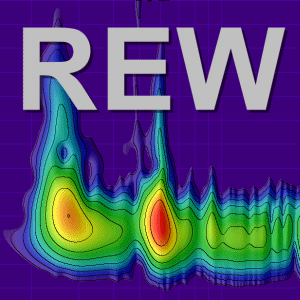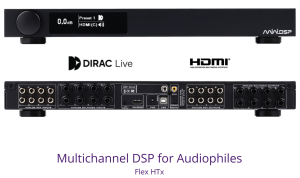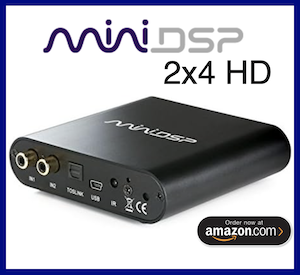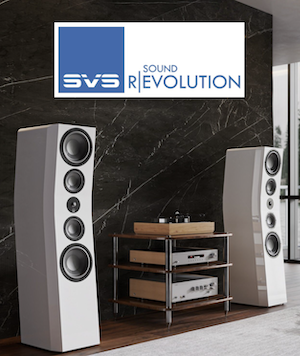robbnj
Member
Thread Starter
- Joined
- Oct 24, 2022
- Posts
- 54
More
- Preamp, Processor or Receiver
- Denon
- Main Amp
- B&O icePower
- DAC
- Denon
- Computer Audio
- JRiver
Is it possible to test latency of a wireless sub adapter using REW?
Long story: Toying with the idea of a wireless adapter for a sub for a simple, inexpensive 2-channel setup in my office (no DSP), and wondering how much better the $200 units are than the $30 units that claim low latency.
Would like to experiment with a few cheap models and see how they perform, since $200 would be silly to spend on this idea.
I tried Googling this with a bunch of different phrases, and came up with a ton of the same hits about setting delays for subs, etc, but hitting a wall on this particular idea.
Seems to be happening a lot with Google lately.
Before I spend a penny: Is it as simple as using a timing referecne to test a main speaker close-miked, then testing the subwoofer close-miked and comparing the tests, or does REW play a timing reference tone for every test? I recall reading somewhere that the timing chirp is too high for subs to reproduce.
Long story: Toying with the idea of a wireless adapter for a sub for a simple, inexpensive 2-channel setup in my office (no DSP), and wondering how much better the $200 units are than the $30 units that claim low latency.
Would like to experiment with a few cheap models and see how they perform, since $200 would be silly to spend on this idea.
I tried Googling this with a bunch of different phrases, and came up with a ton of the same hits about setting delays for subs, etc, but hitting a wall on this particular idea.
Seems to be happening a lot with Google lately.
Before I spend a penny: Is it as simple as using a timing referecne to test a main speaker close-miked, then testing the subwoofer close-miked and comparing the tests, or does REW play a timing reference tone for every test? I recall reading somewhere that the timing chirp is too high for subs to reproduce.














